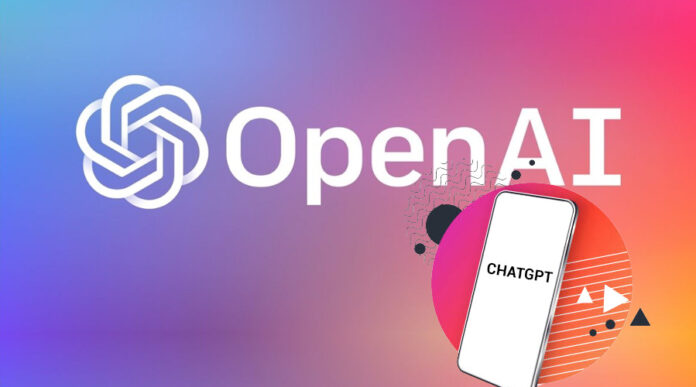Artificial Intelligence: Evolution of 21st Century’s Defining Technology
By Abbas Badmus,
The rapid evolution of Artificial Intelligence (AI) has positioned it as one of the most transformative technologies of the 21st century. From autonomous vehicles to personalized medicine, AI is reshaping industries and redefining human potential.
It is no longer a futuristic fantasy but a present-day reality poised to revolutionize industries, transform daily life, and challenge our understanding of what it means to be human.
But as we embrace this era of accelerated innovation, one pressing question remains: Where is AI heading, and what does its future hold?
From Theory to Reality: AI’s Impact
AI has moved beyond theoretical frameworks to practical applications that influence our daily lives. Groundbreaking innovations in machine learning, natural language processing, and computer vision have revolutionized areas such as:
1. Healthcare Advancements
AI is redefining healthcare with unprecedented precision. Machine learning algorithms analyze vast medical datasets to diagnose diseases, personalize treatments, and predict health risks. AI-powered tools detect illnesses like cancer earlier and more accurately, while robots assist in surgeries, enhancing precision and reducing human error.
2. Transportation
Self-driving cars are no longer a distant dream. AI-driven vehicles are already tested on public roads, promising safer, more efficient, and accessible transportation. Autonomous vehicles have the potential to reduce traffic congestion, accidents, and emissions while providing mobility to those unable to drive.
3. Education
AI is reshaping education by offering personalized learning experiences. Intelligent tutoring systems adapt to individual learning styles and provide continuous feedback. Additionally, AI tools like ChatGPT and DALL·E are inspiring new forms of creativity in art, music, literature, and filmmaking.
4. Business
Businesses are harnessing AI to optimize operations. Machine learning algorithms analyze customer data to predict demand, streamline supply chains, and personalize marketing. AI-powered chatbots handle customer support and transactions, enhancing user experience and efficiency.
5. Science and Research
AI accelerates discovery by identifying patterns in massive datasets. It aids in drug design, materials development, and understanding complex systems, pushing the boundaries of what is scientifically possible.
Emerging Trends in AI
The future of AI is being shaped by several key trends:
Generative AI at Scale: Tools creating text, images, and code are advancing rapidly, merging human and machine creativity.
AI for Climate Action: AI is optimizing energy grids, monitoring environmental changes, and developing sustainable solutions to combat climate change.
Quantum AI: The combination of quantum computing and AI offers exponential computing power for breakthroughs in cryptography, materials science, and simulations.
Explainable AI (XAI): Transparency and accountability in AI decisions are increasingly demanded, ensuring trust and ethical application.
Challenges on the Horizon
While AI offers immense potential, it comes with significant challenges:
Job Displacement: Automation threatens to replace human labor in many sectors, demanding a shift in education and workforce training.
Ethical Concerns: Ensuring AI is used responsibly is critical. Guidelines and regulations must address biases, discrimination, and potential misuse.
The Long-Term Vision
In the years ahead, AI could profoundly reshape human existence:
Human-AI Collaboration: Rather than replacing humans, AI will likely augment our capabilities, fostering a partnership that creates new roles and opportunities.
Artificial General Intelligence (AGI): Machines with human-like cognitive abilities could solve global challenges and even explore the cosmos.
Redefining Reality: AI-driven virtual and augmented reality will revolutionize how we work, learn, and socialize.
A Post-AI World: As AI becomes ubiquitous, humanity may focus on creativity, empathy, and ethical stewardship of intelligent machines.
The future of AI is both exciting and uncertain. By addressing its ethical and societal implications, we can harness its potential to benefit humanity and build a more prosperous, equitable world.
















